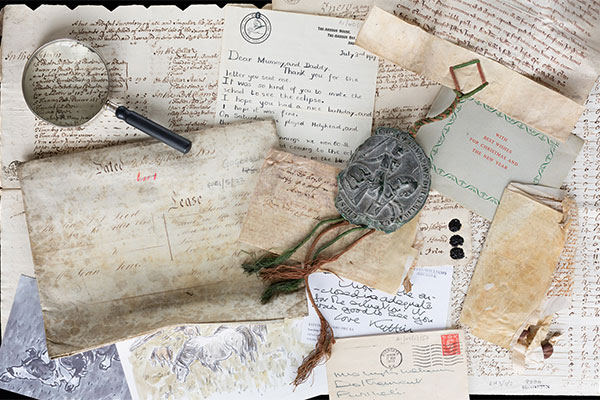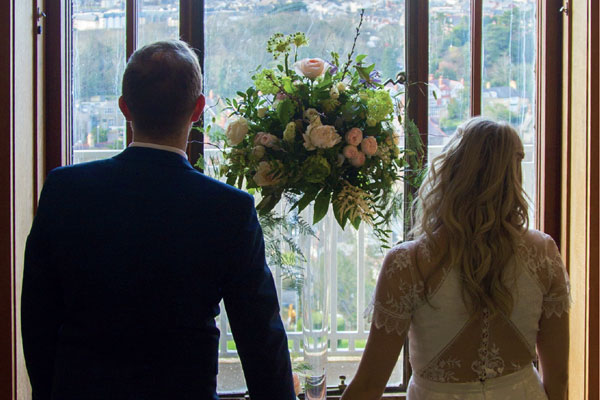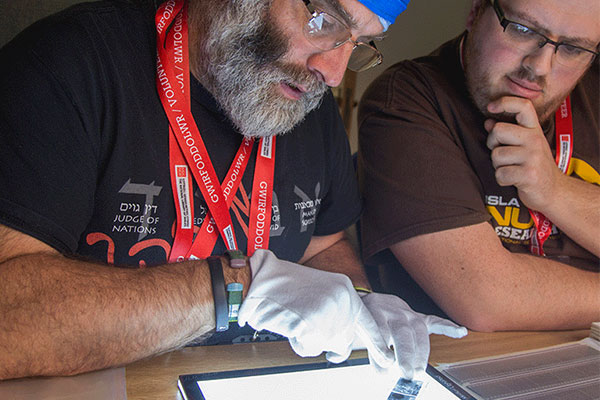Learning toolkit
Background
Traditionally, Jewish communities would form when a visiting trader settled down and was joined by others. When a community had at least ten males over 13 years of age they would obtain the holy scroll used in services, find a place to meet (synagogue), and hire someone to slaughter chickens in accordance with Jewish law.
Activities
Objective - To discover more about modern Jewish migration into Wales and the successes and challenges they experienced.
Compare with the other groups and their migration stories into Wales and try to make connections/see similarities in reasons behind migration into Wales and the UK.
- Task and questionsDOCX
Wales migration stories
Learning experiences
(derived from the statements of what matters)
Humanities
- Understanding ideas and perspectives
- Human impact on the world
- Understanding the past
- Understanding human rights
- Similarity and social differentiation
- Contribution to society
- Identity
Health and Well-being
- Empathy
- Understanding relationships
- Feelings and mental health
- Social decisions
- Social awareness
















